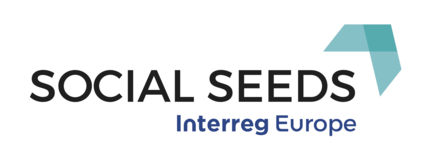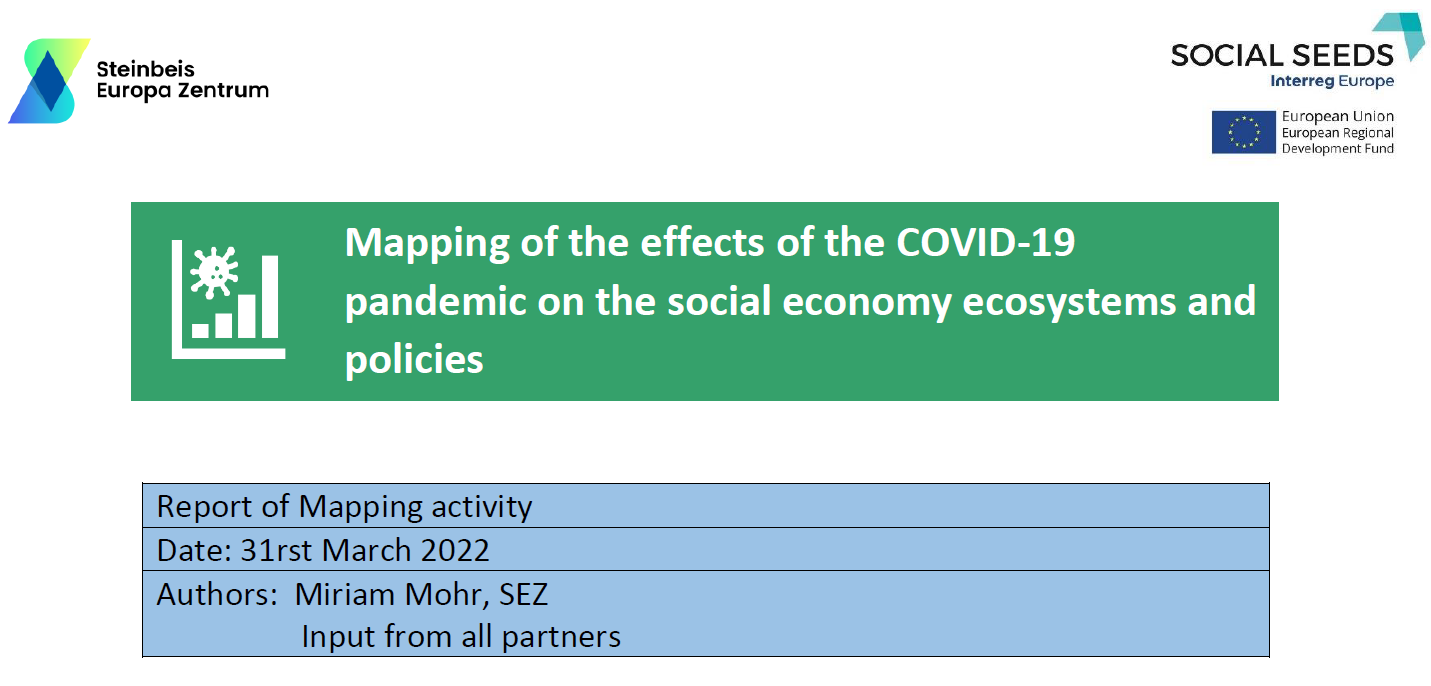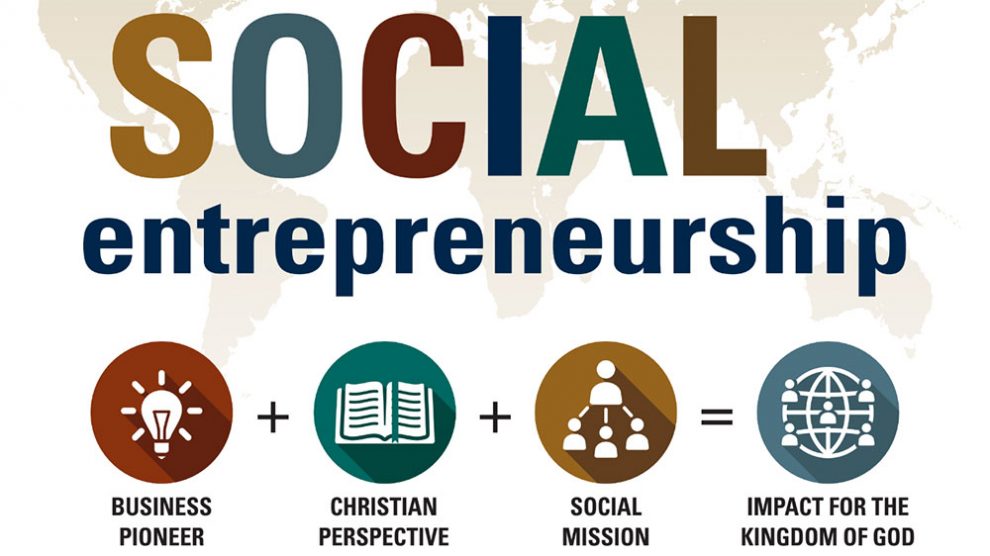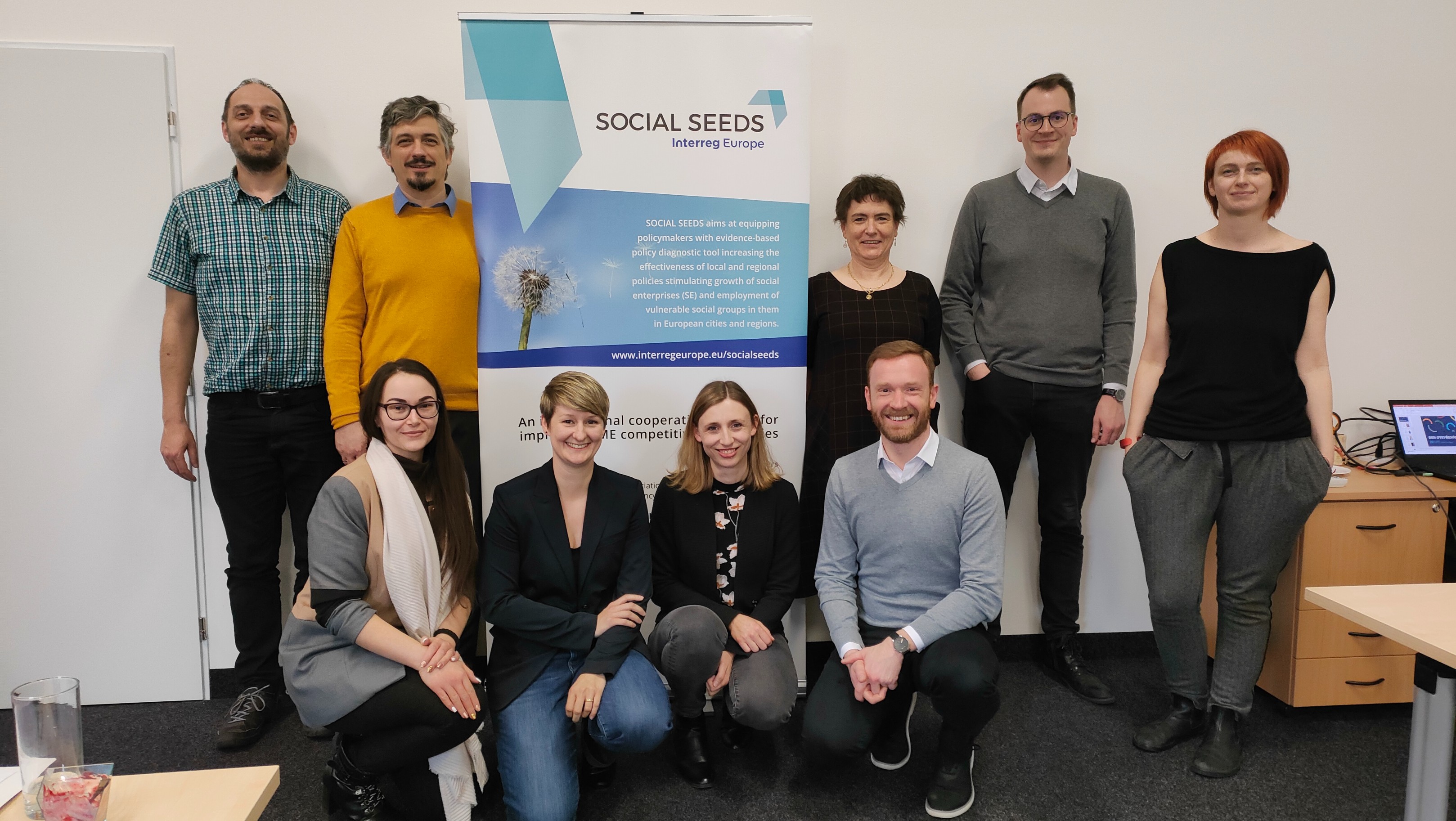Social Economy Europe, the EU-level platform for the social economy, presented its White Paper : Social Economy : Taking back the initiative. It aims to enlighten on the reality of the European social economy. The paper clearly defines the social economy which was an imprecise concept thereby hampers the consistent and ambitious development of the social economy at EU level.
The paper examines the topic under three chapter : chapter 1, The social economy at the heart of European challenges; chapter 2, The social economy in facts and chapter 3, Taking back the initiative (containing concrete proposals to EU institutions).
For the European Commission, the expression « social entrepreneurship » covers a broad range of activities and initiatives, including social initiatives occurring in profit-seeking businesses, institutionalised entities explicitly pursuing a social goal, relations and practices that yield social benefits, entrepreneurial trends in non-profit organisations and ventures developed within the public sector. In general, social entrepreneurship is interpreted as an activity undertaken by specific individuals or groups, without referring to the organisational features and constraints (governance models, non-distribution of profits, etc.) backing the pursuit of social goals.
According to European Parliament, there are more than 2 million social economy enterprises which employ over 11 million people. Thus, the social economy is one of the pillars of the European social model which plays an essential role in the European economy, by combining profitability with solidarity, creating high-quality jobs, strengthening social, economic and regional cohesion, generating social capital, promoting active citizenship, solidarity and a type of economy with democratic values which puts people first, in addition to supporting sustainable development and social, environmental and technological innovation. And in order to support this approach, the social economy must be mainstreamed in the implementation of EU policies.
Following the « stakeholder » (participatory dimension) model, as the recipients of services are not merely « consumers » , they are also « users » and « citizens ». It is needed to create wealth and societal cohesion with mechanisms of solidarity, redistribution and mutualisation.
Through multidimensional strategies, the social economy is a space for social innovation, decisive for social and economic development, in particular at local level. Social economy organisations have a catalysator role for social creativity developing innovative services by listening the motivations and requests of local actors.
In order to promote awareness and recognition of the social economy’s potential at European level, Social Economy Europe provides guidelines and support for a training programme for the development of the social economy in a number of Member States. For this purpose, SEE highlights also the primary role of the regional, local and territorial authorities in the development of the social economy (including social entrepreneurship).
The paper contains concrete proposals of Social Economy Europe to EU institutions, particularly to the European Commission, to develop and Action Plan in favour of the development of the social economy: A Social Economy Initiative.
The Paper in different languages is available here.









